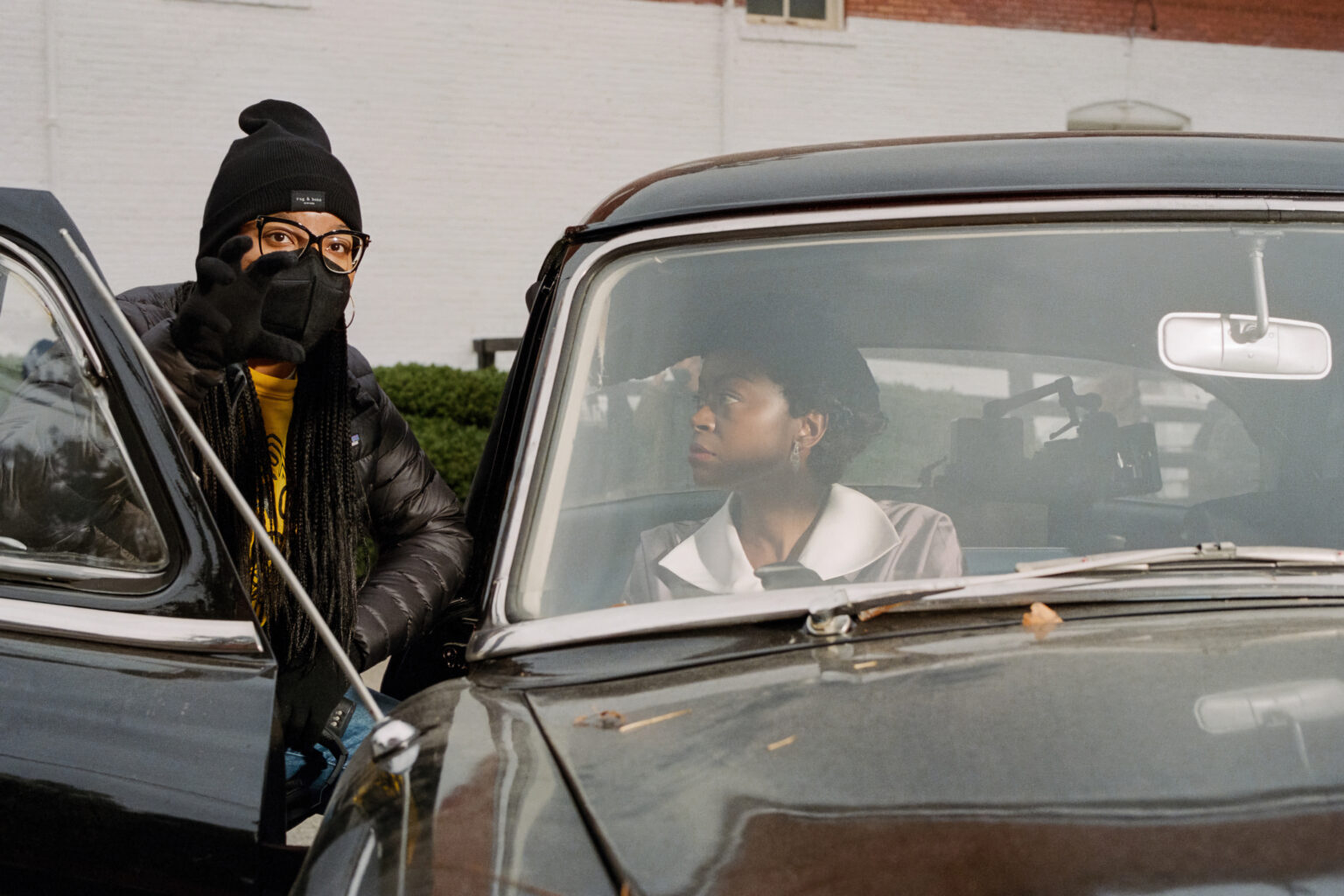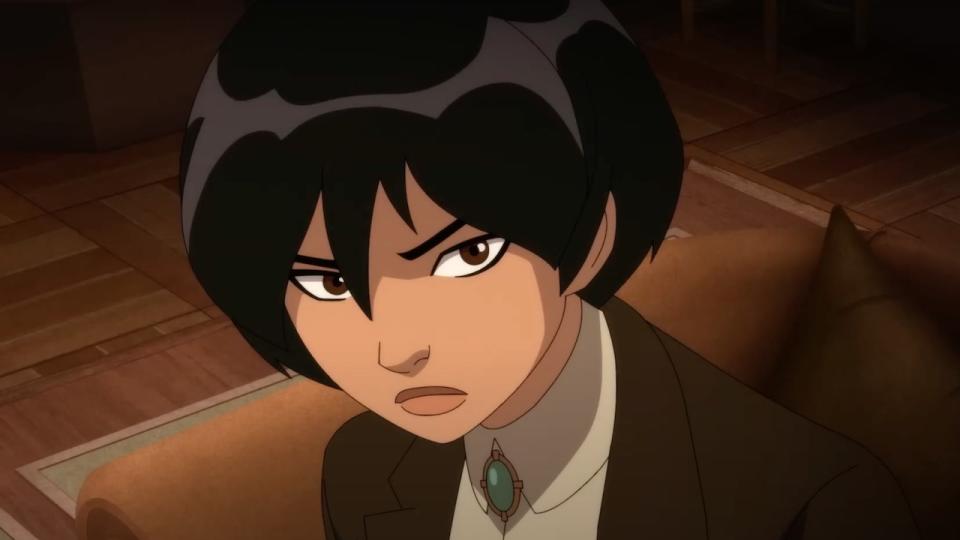Till, the film from director Chinonye Chukwu (Clemency) tells the story of Mamie Till-Mobley (Deadwyler), whose pursuit of justice for her 14-year-old son Emmett Louis Till (Jalyn Hall) became a galvanizing moment that helped lead to the creation of the civil rights movement. Mamie’s decision to have an open casket at Emmett’s funeral, and to have Jet magazine publish David Jackson’s funeral photos, was driven by her motivation to ensure people everywhere knew what had happened to her son.
Emmett Till, of course, was the African American teenager who was abducted, tortured, and lynched in 1955 in Mississippi, after being accused of a flirtatious interaction with the white woman, Carolyn Bryant, posthumously becoming a civil rights icon.
RELATED: ‘BLACK PANTHER’ WARRIOR M’BAKU & MORE FROM WAKANDA COMING TO AVENGERS CAMPUS
During a first look featurette Orion Chukwa stated: “When I was approached to write and direct a story about Emmett Till, I found myself drawn to a singular figure at the center of his orbit. I saw an opportunity to subvert expectations and approach the narrative through another lens – from the maternal point of view of Mamie Till-Mobley. Had it not been for Mamie, her son’s memory would have evaporated into thin air. She was the catalyst for a modern-day civil rights movement that has laid a formidable framework for future activists and Freedom Fighters. I felt compelled to champion Mamie’s legacy and center her in the spotlight where she rightfully belongs.”
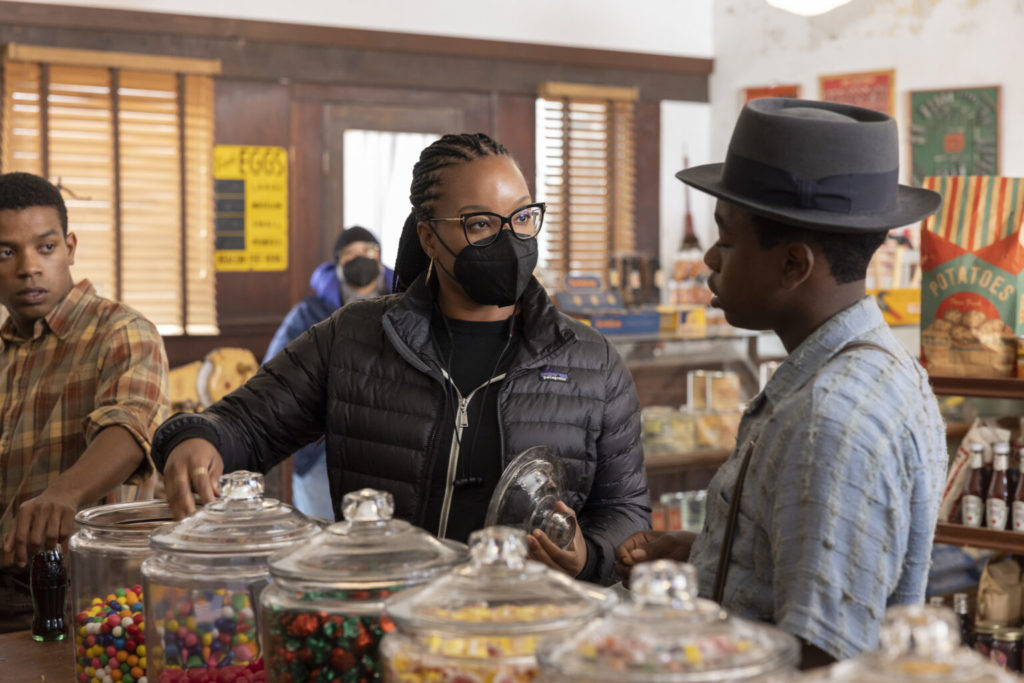
This bold perspective was possibly the wisest approach to the story of Emmet Till. Most people are tired of the trauma porn and the commercialization of Black pain that we have received from films like 12 Years a Slave (an antebellum period piece that illustrates the abhorrent lives of the enslaved people under their masters trying to find freedom), or When They See Us (which draw on ideas of police brutality with black people being wrongfully charged), and Two Distant Strangers (which depicts a black man stuck in a time-loop where he is repeatedly killed by a police officer).
“The crux of this story is not about the traumatic, physical violence inflicted upon Emmett – which is why I refused to depict such brutality in the film – but it is about Mamie’s remarkable journey in the aftermath. She is grounded by the love for her child, for at its core, TILL is a love story. Amidst the inherent pain and heartbreak, it was critical for me to ground their affection throughout the film. The cinematic language and tone of TILL were deeply rooted in the balance between loss in the absence of love; the inconsolable grief in the absence of joy; and the embrace of Black life alongside the heart-wrenching loss of a child.“
Chinonye Chukwu
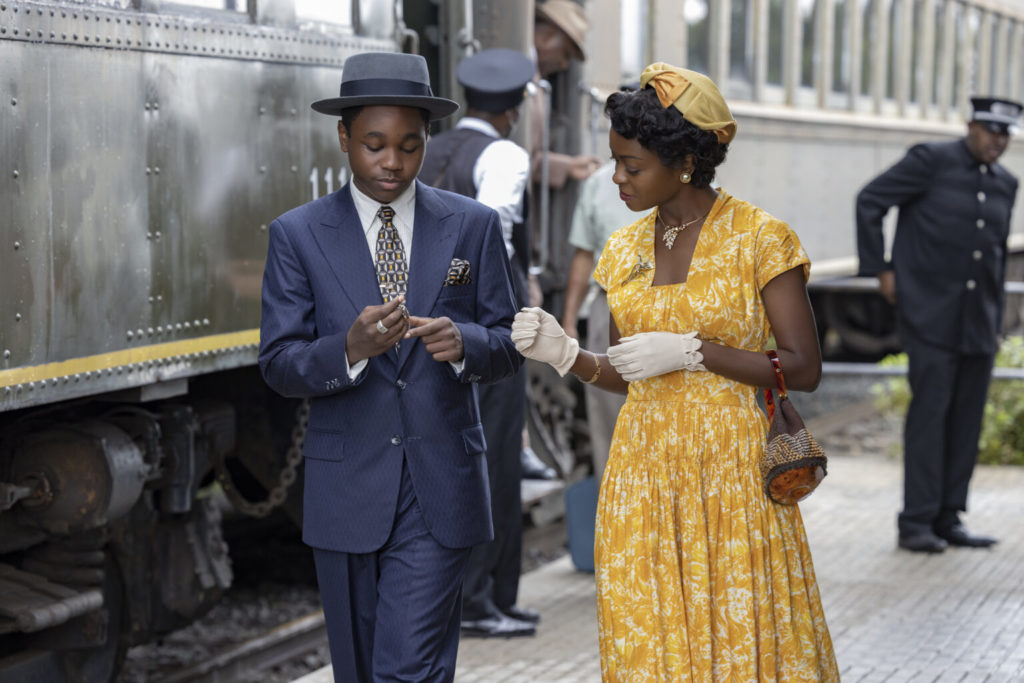
Focusing on the trauma of a mother while experiencing the loss of their child, all while taking on the mantle of a civil rights figurehead to make sure we as a people are seen, heard, and validified as human beings are the best way to tell this story. Black history is bursting with atrocities that are only now being addressed more widely which answers why there are so many such films with such storylines.
RELATED: AMSTERDAM REVIEW: MASSIVELY TALENTED CAST CAN’T SAVE THIS HOT MESS
Black films have been characterized and normalized to include black trauma mostly because of how inseparable their experience and the stories that they tell are. Based on stereotypes this may be true that frequent storytelling of Black suffering normalizes the experiences of Black people creating a hyper-consumption of the black death.
Chukwu makes her goal to tell the story of a human in the whirlwind of the loss of their child clear stating:
“Mamie’s untold story is one of resilience and courage in the face of adversity and unspeakable devastation. For me, the opportunity to focus the film on Mamie, a multi-faceted Black woman, and peel back the layers on this particular chapter in her life, was a tall order I accepted with deep respect and responsibility. On a daily, Mamie combatted racism, sexism, and misogyny, which was exponentially heightened in the wake of Emmett’s murder.
Mamie did not cower. Instead, she evolved into a warrior for justice who helped me to understand and shape my own similar journey in activism. And as a filmmaker, showing Mamie in all her complex humanity was of utmost importance. I hope viewers will empathize with the humanities on screen and see our present cultural and political realities within this film. And I hope that Mamie’s story helps us all to realize the power within ourselves to continue to fight for the change we want to see in the world, just as she did.“
Till Official Synopsis
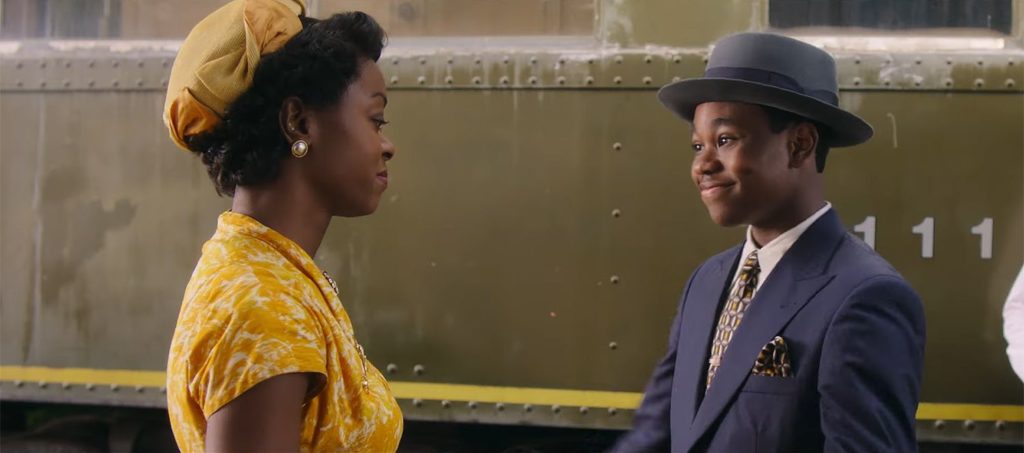
Till is a profoundly emotional and cinematic film about the true story of Mamie Till Mobley’s relentless pursuit of justice for her 14-year-old son, Emmett Till, who, in 1955, was lynched while visiting his cousins in Mississippi. In Mamie’s poignant journey of grief turned to action, we see the universal power of a mother’s ability to change the world.
Till was directed by Chinonye Chukwu and written by Michael Reilly & Keith Beauchamp and Chinonye Chukwu. Producers comprise Keith Beauchamp, Barbara Broccoli, Whoopi Goldberg, Thomas Levine, Michael Reilly, and Frederick Zollo, while the executive producers comprise Preston Holmes and Chinonye Chukwu.
Till stars Jalyn Hall, Danielle Deadwyler, Frankie Faison, Haley Bennett, Jamie Renell, Whoopi Goldberg, and Sean Patrick Thomas.
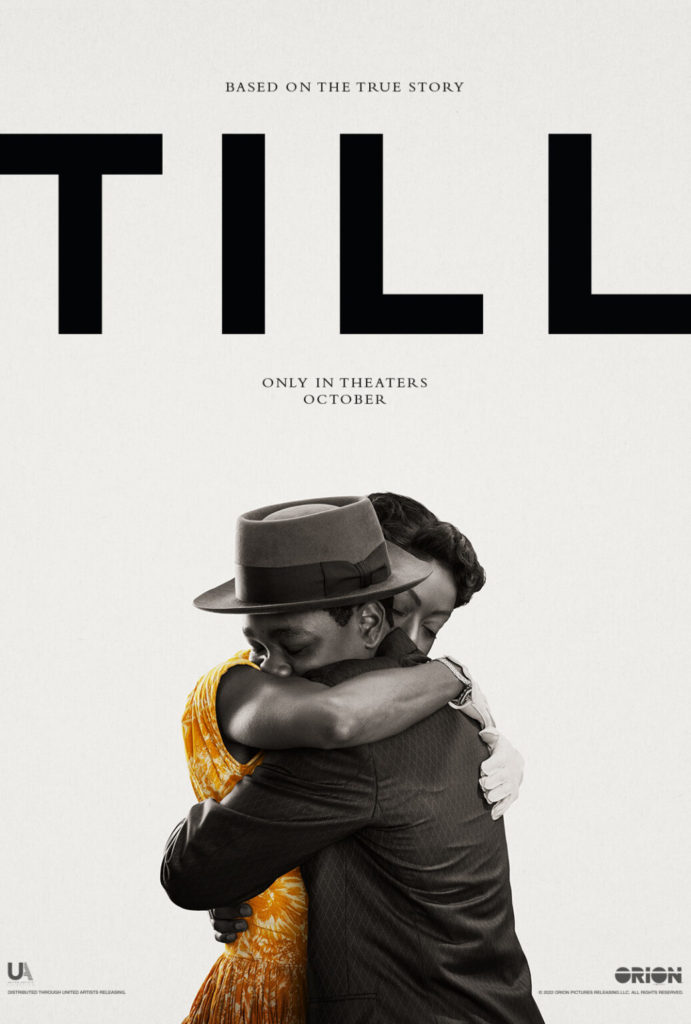
Till releases in select theaters on October 14th, then everywhere on October 28th. Will you be watching? Let us know in the comments below. Make sure to follow us on Twitter for more content like this.
KEEP READING: NOSFERATU: NICHOLAS HOULT IN TALKS TO STAR ALONGSIDE BILL SKARSGARD AND LILY-ROSE DEPP IN ROBERT EGGERS’ EXCITING NEW REMAKE


